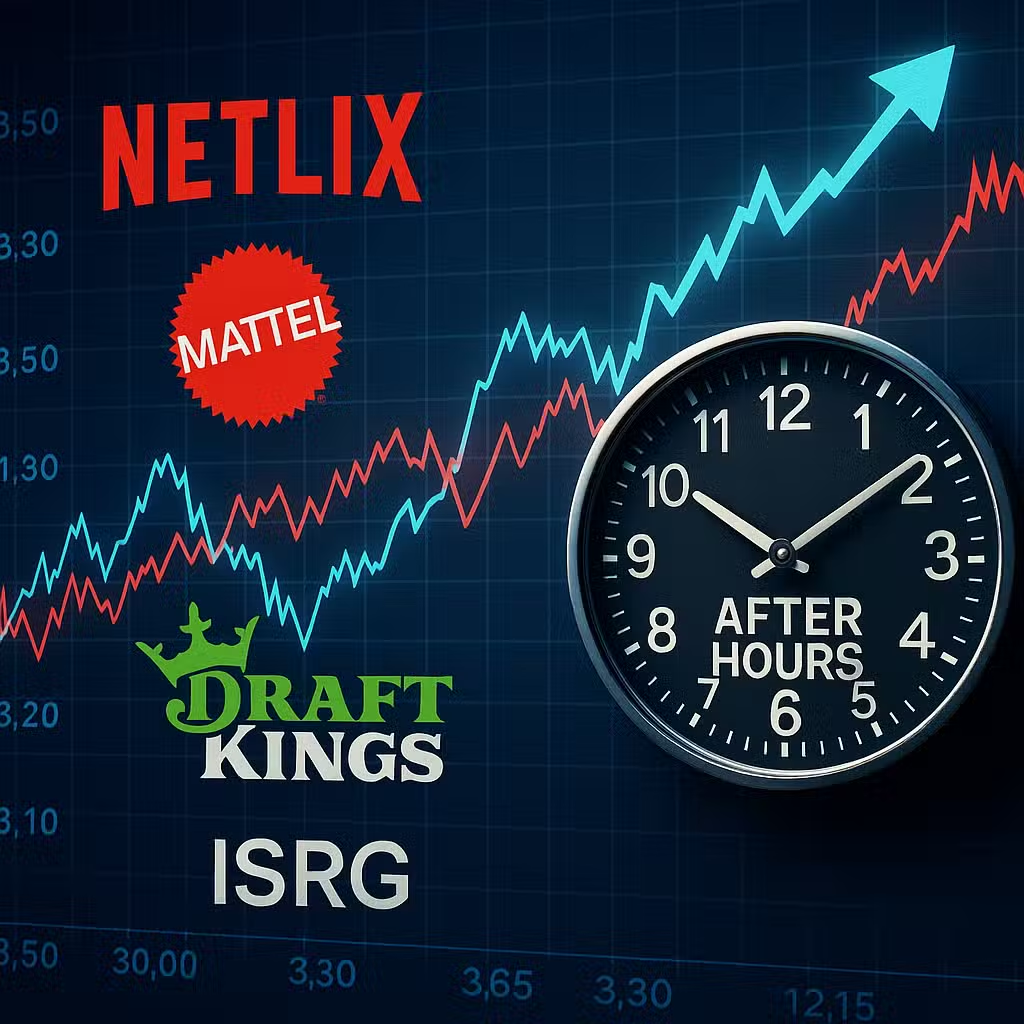Why Diversifying Internationally Still Matters for Investors Amid Strong U.S. Market Performance
Imagine if you only ever ate your favorite food—pizza, for example—day after day. Sure, it’s tasty, but you might miss out on other great flavors and important nutrients. That’s a bit like what happens when investors put all their money into just one country’s stocks, especially the U.S.
Why Looking Abroad Matters for Investors
Many Americans have most of their investments in U.S. companies. This is called “home bias.” It feels safe, but you could be missing out on growth in other parts of the world. According to Dave Nadig from ETF.com, American investors are more focused on the U.S. than ever, even though there are good opportunities overseas.
Recently, the U.S. stock markets—like the Dow, S&P 500, and Nasdaq—have all gone up about 1% in a week. But the iShares MSCI Emerging Markets ETF, which invests in developing countries, went up almost 3% and hit a new high. That shows other markets can sometimes do even better than the U.S.
Bull Case: Reasons to Invest Internationally
- Better Value: Stocks in other countries can be cheaper compared to U.S. stocks, which means your money might go further.
- Growth in Emerging Markets: Countries like India and China have fast-growing economies and rising populations, which can drive big company profits over time.
- Diversification: Spreading your investments around the world can help protect your portfolio if the U.S. market has a bad year.
- Historical Growth: For example, India’s Nifty 50 stock index has gone up 118% over the past five years, much faster than many U.S. indexes. (Source)
- Strong Economic Outlook: India’s economy is expected to grow by 6.2% in 2025, making it one of the fastest-growing major economies, according to the IMF. (IMF Data)
Bear Case: Risks and Challenges
- Underperformance: Sometimes, overseas markets don’t do as well as the U.S. For example, India’s Internet ETF is down 3% this year, even though its economy is growing.
- Political and Currency Risks: Other countries can have unstable governments or big changes in their money’s value, which can hurt investments.
- Less Familiarity: It’s harder to keep track of news and trends in far-away places, which can make international investing feel risky or confusing.
- Past Disappointments: While emerging markets have had big growth years, they’ve also had long stretches where they underperformed the U.S.
What the Experts Are Watching
Kevin Carter, who runs funds focused on emerging markets and internet companies, says places like India remind him of how China grew over the last 20 years. India now has the world’s largest population and is seeing a boom in buying and internet use. Even though Indian stocks haven’t done as well this year, Carter remains optimistic for the long run.
It’s also worth noting that over the last 50 years, international stocks have sometimes outperformed U.S. stocks for a decade or more, according to a study by Vanguard. (Vanguard Study)
Investor Takeaway
- Don’t put all your eggs in one basket—consider adding some international stocks or funds to your portfolio for better diversification.
- Research different countries and sectors to find where growth is happening, especially in places like India and China.
- Know the risks: international investments can be bumpy, so start small if you’re new to them.
- Keep up with global trends and news, or use broad international funds to make things easier.
- Remember, investing overseas isn’t about chasing quick gains—it’s about building a stronger, more balanced portfolio for the long haul.
For the full original report, see CNBC







